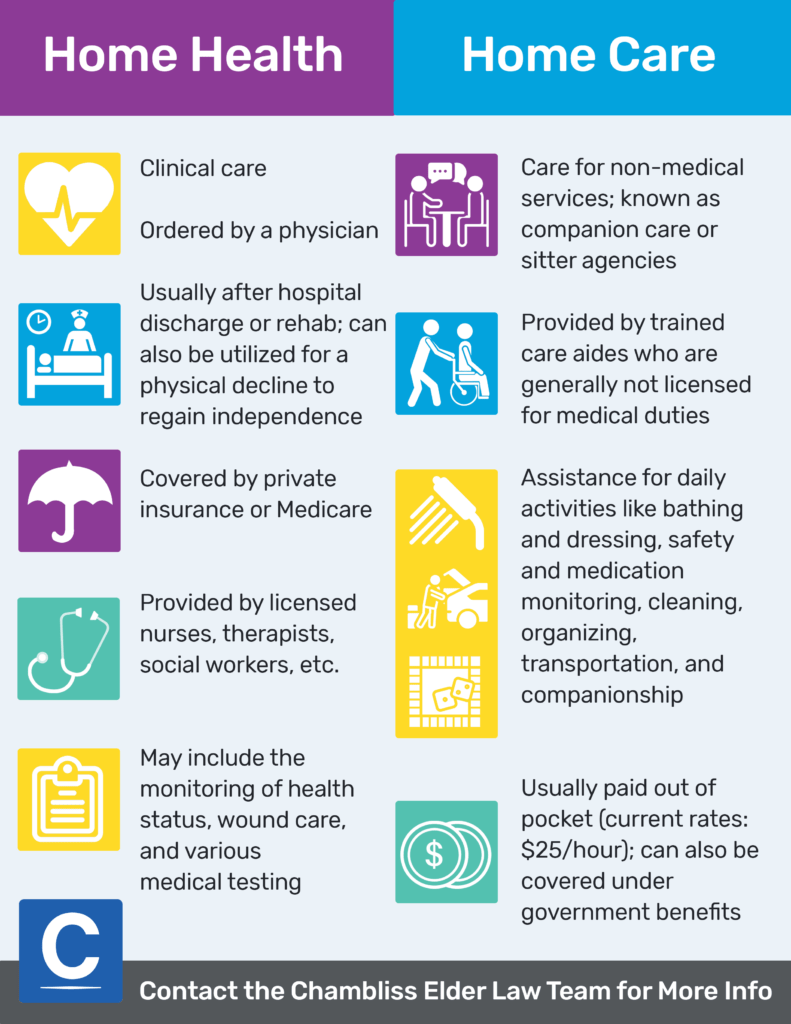Comprehensive guide to working with home care providers under the NDIS
Comprehensive guide to working with home care providers under the NDIS
Blog Article
Everything About Home Treatment Services for People With Disabilities: NDIS Registered Support
Home treatment solutions under the NDIS play an essential role in supporting people with impairments. These solutions are designed to enhance everyday living through customized support, varying from individual treatment to movement assistance. Recognizing how to navigate these choices can be complex. This summary discovers the various aspects of NDIS home treatment, from readily available services to the selection of carriers, highlighting crucial considerations for those looking for support. The journey toward empowered treatment starts here.
Recognizing the NDIS and Its Purpose
The National Special Needs Insurance Policy System (NDIS) serves as a transformative framework developed to provide support and services for individuals with impairments. Established to enhance the lifestyle and assurance equitable accessibility to vital sources, the NDIS equips individuals by supplying individualized strategies tailored to their unique needs. It aims to cultivate independence, enabling people to pursue their individual objectives and aspirations.Through an organized technique, the NDIS designates funding for different supports, including education, employment aid, and community involvement. This all-encompassing plan not just concentrates on prompt care yet also stresses lasting developing results. By advertising option and control, the NDIS encourages individuals to choose their favored company, ensuring that care aligns with their values and choices. Ultimately, the NDIS stands for a considerable commitment to enhancing the lives of people with impairments, fostering inclusivity, and developing a much more supportive society.
Sorts Of Home Treatment Services Available
Numerous types of home care solutions deal with people with impairments, primarily concentrating on personal treatment help and break treatment alternatives. Individual treatment aid supplies essential support with day-to-day tasks, while break treatment uses momentary relief for primary caregivers. Comprehending these solutions is crucial for guaranteeing the wellness of both people with specials needs and their households.
Personal Care Aid
While maneuvering every day life can provide challenges for individuals with specials needs, personal care help offers crucial assistance customized to their one-of-a-kind needs. This type of home care solution incorporates a variety of activities created to advertise independence and boost lifestyle. Individual treatment aides assist with everyday tasks such as bathing, dressing, grooming, and toileting, making certain individuals keep personal hygiene and convenience. They may likewise help with dish prep work, medication management, and flexibility assistance. By supplying personalized care, these experts empower people to engage even more totally in their social activities and everyday regimens. In general, individual treatment aid plays a considerable role in promoting dignity and autonomy for those with impairments, enabling them to flourish in their home environment.

Reprieve Treatment Options
Break care serves as an important resource for families and caretakers of people with impairments, providing temporary alleviation from the demands of day-to-day caregiving. This kind of solution can take different forms, consisting of in-home reprieve care, where skilled experts see the home to help with care jobs. Families might choose for facility-based break treatment, where people get treatment in a customized environment, enabling caregivers to take a break. Additionally, some organizations offer emergency respite solutions for unforeseen conditions. These alternatives not only assist alleviate caregiver anxiety but likewise advertise the health of people with impairments by using them brand-new experiences and social interaction. In general, break treatment plays a critical role in supporting both caregivers and those they look after.

How to Access NDIS Home Care Services
Accessing NDIS home care services includes recognizing the eligibility criteria set forth by the National Disability Insurance Scheme. Individuals must browse a structured application process to safeguard the essential support tailored to their demands. This area will make clear both the eligibility demands and the steps associated with making an application for solutions.
Eligibility Requirements Explained
To receive NDIS home care solutions, individuals must fulfill certain qualification standards that examine their conditions and requirements. First, applicants should be matured between 7 and 65 years and have a irreversible and considerable impairment that influences their capability to execute everyday tasks. Additionally, they should be an Australian person, a long-term homeowner, or hold a Protected Special Category Visa. The NDIS calls for evidence of the impairment, typically through clinical assessments or reports. In addition, people must demonstrate that they call for assistance to join economic and social life. These standards assure that solutions are directed in the direction of those who genuinely require assistance, promoting independence and improved quality of life for people with disabilities.
Application Process Actions
Can I Choose My Own Assistance Workers Via NDIS?
The private asked whether they might choose their very own assistance employees under the NDIS framework. Usually, participants have the versatility to select assistance workers, cultivating customized treatment that straightens with their certain requirements and choices.
What Happens if My Demands Modification After Getting Assistance?
They need to communicate these changes to their service copyright if a person's needs change after obtaining assistance. Changes can be made to the care strategy, making certain that the support stays appropriate and reliable for their circumstances.

Exist Limits on The Number Of Hours of Treatment I Can Receive?
The private asked about prospective limitations on the number of care hours got. Normally, such limits may exist based on particular plans or moneying arrangements, stressing the importance of reviewing standards and agreements frequently.
Can I Utilize NDIS Funding for Home Alterations?
The concern of using financing for home modifications emerges regularly. Normally, people may utilize NDIS funding for required moved here alterations to their homes, making sure ease of access and security, set upon meeting details qualification standards and standards.
Exactly how Do I Manage Issues Concerning My Home Treatment Providers?
To deal with problems concerning home treatment solutions, individuals need to first record their worries. Then, they can interact straight with their provider, looking for resolution, or escalate the problem to relevant oversight bodies if essential. Home treatment services under the NDIS play a crucial function in supporting individuals with specials needs. Numerous types of home treatment services cater to people with impairments, mainly focusing on personal care aid and break care options. support at home provider. Personal care assistance supplies necessary support with daily activities, while reprieve treatment offers momentary alleviation for key caregivers. Families may choose for facility-based respite care, about his where people receive care in a specific environment, permitting caregivers to take a break. Just how can family members properly handle the monetary elements of home care services for people with handicaps?
Report this page